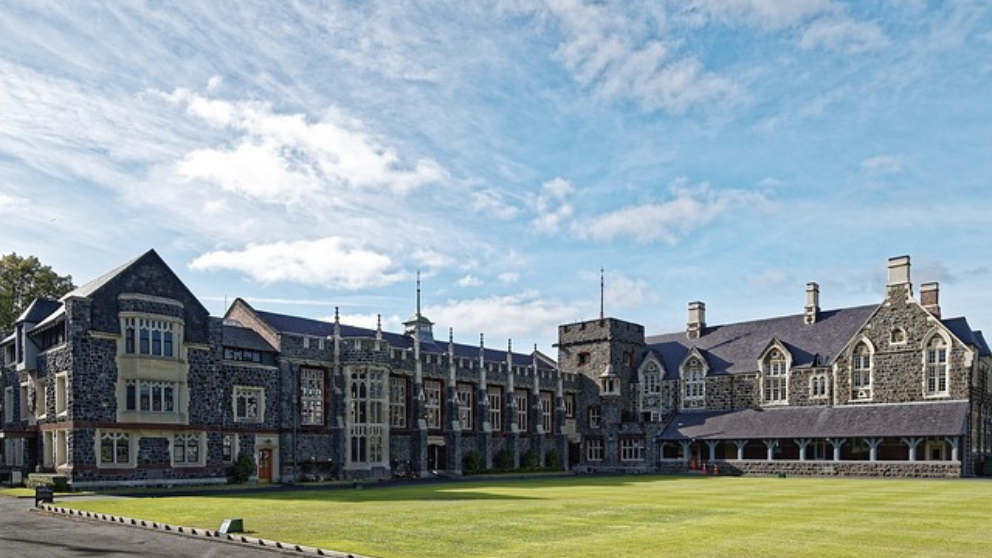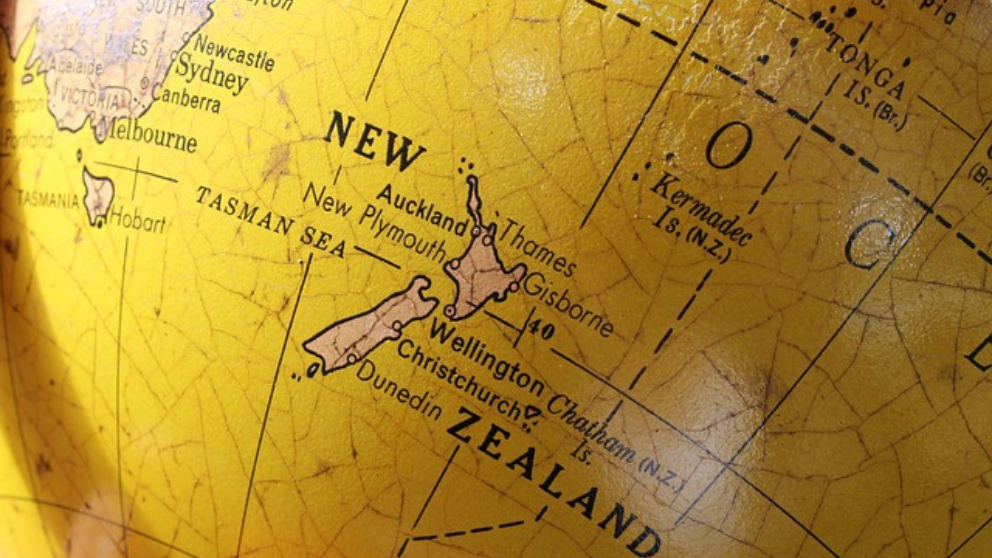In addition to the Business Category residence and Family Category residence, Skilled Migrant Category is the most common pathway for people to migrate to New Zealand, which entails a NZ employer’s sponsorship for a job offer. Compared with offshore applicants, graduates from New Zealand schools and universities are more likely to be selected by local employers. Regardless of their background, face-to-face interview and assessment are more effective and the references from local companies appear more trustworthy. Domestic work experience is also more favoured by local employers (most NZ student visas allow the visa holders to work part-time).
For most applicants who are based offshore, studying in New Zealand is the first step towards skilled migration.
Case One
Ms E completed her undergraduate studies in Botany about 15 years ago. In 2010, she started working for a flower garden company. In 2014, she was promoted to be the company's head garden manager. With the stable career development, Ms E has been engaged in a casual self-owned business in her spare time in the past few years, trading some agricultural crops and household foods.
As her three children grew up, she had the idea of migrating to New Zealand with her family from Africa. She chose to study first, although her sibling is already a New Zealand resident.

Initially, Ms E chose to study a programme in the environmental science field, given that it was recognized by the Long-Term Skill Shortage List of Immigration New Zealand. Studying a Level 7 Bachelor's Degree listed in the Long-Term Skill Shortage List would entitle the applicants eligibility to support their partners for an open work visa where their children can subsequently be supported to study free at New Zealand’s public schools on a domestic student visa.
However, Immigration New Zealand (INZ) changed this policy early September 2022, replacing the Long-Term Skill Shortage List with Green List. The environmental science course is not listed on the Green List. Consequently, Ms. E applied for a Bachelor's Degree programme majoring in Food Technology. This programme will not only allow her to obtain the edibility to support her husband’s open work visa, but also greatly help her future employability (the occupations included in the Green List are recognised to suffer from workforce shortage for a long time). Even if she returns to Africa after graduation, it will be of great benefit to her management in food storage and processing, effectively solving the food quality problems for African residents.
Because of the high cost of supporting the living expenses of the three children, Ms. E's sibling in New Zealand became the financial sponsor for her student visa. During her student visa application, the financial sponsor was on holiday outside of New Zealand and INZ approved Ms E's student visa upon her return to New Zealand.

Case Two
Mr. L, after graduating from college in 2016, became a registered acupuncture physician at a children's hospital in a tier one city in China. After working for 4 years, he completed his Bachelor Degree’s studies via adult education. When it comes to the 6th year in his medical profession, Mr. L and his family have been more passionate about migrating overseas than ever. New Zealand’s flexible immigration policies and the liveable environment have attracted them.

Studying abroad is only the starting point, and the destination is employment. Therefore, the overseas education planning must be based on career goals. Mr. L chose to study a Postgraduate Diploma program in Health Science in New Zealand in order to lay an interdisciplinary theoretical foundation for his future development goals in the medical practice. During the course selection process, Mr. L had ever learned about the New Zealand TCM (Traditional Chinese Medicine ) course, but given the restrictions of the relevant curriculum, he did not pursue it at the time. After all, in the post-COVID era, integrated medicine is the trend of the industrial development.
Coming from a non-English-speaking country, Mr. L hasn’t achieved a desirable IELTS result. Accordingly, Mr. L only received a conditional admission offer for the proposed programme. He chose to enter New Zealand on a 4-month student visa for an English language course. He planned to improve his English skills in a short period of time in good preparation for his IELTS test, so as to obtain the unconditional admission offer to the postgraduate course at IELTS 6.5. His child arrived in New Zealand on a 2-year student visa for primary school studies, while his wife was granted a Guardian Visitor Visa for entry.
Disclaimer:
The professional analysis provided in this article does not constitute personal immigration advice. Applicants should seek independent advice based on individual circumstances before dealing with any specific immigration matters.